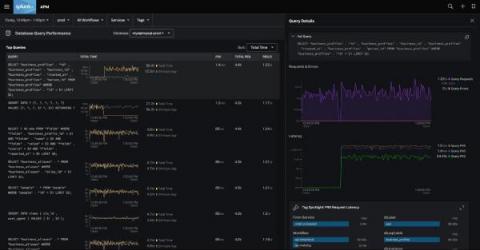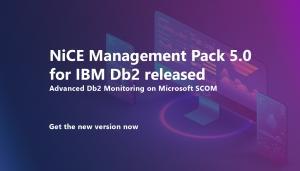AWS Database Types - Aurora vs DynamoDB vs RDS - How do they compare?
In this blog, we describe the different types of AWS’ managed databases and their various features and merits. By the end of the blog, you should have better information to choose the right AWS database that would match your application’s needs.











